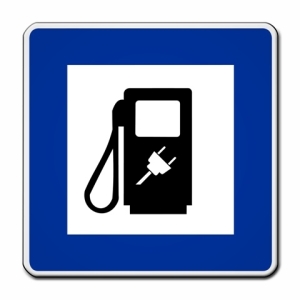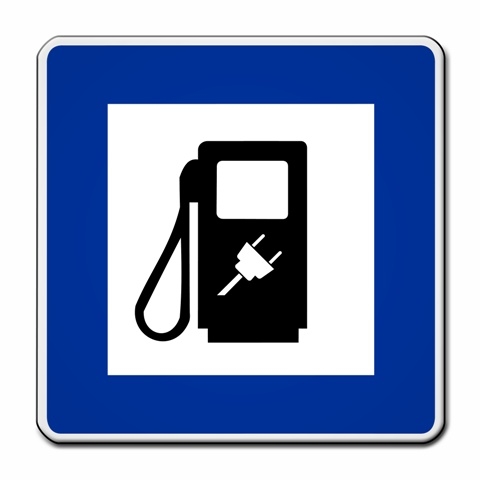The development of alternative fuels for transport is a necessity to reduce the EU’s dependence on imports of crude oil, as well as to decarbonise transport and reduce greenhouse gas emissions.
Significant innovation and technological progress have been made in new forms of fuels, to power different transport modes and using combustion or electric engines.

One of the challenges which hamper the development of vehicles and vessels using rechargeable battery packs, hydrogen fuel cells or compressed or liquefied natural gas is the lack of infrastructure for recharging or refuelling. Insufficient coverage of fuelling points on the transport network and the low numbers of alternative-fuel vehicles interact in a vicious circle, preventing market take-up of these technologies.
The European Commission has therefore proposed a Directive which would set minimum requirements and targets for Member States to foster the deployment of infrastructure for the supply of these alternative energies for road and waterway transport on their territory. This Directive would also require technological standardisation in this area and improved information to users. The European Parliament is currently examining the proposal.








Be the first to write a comment.